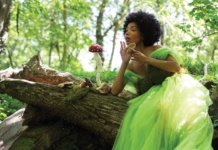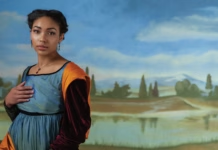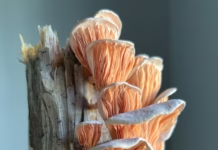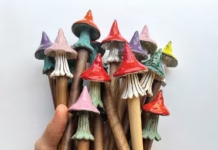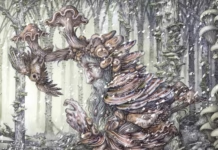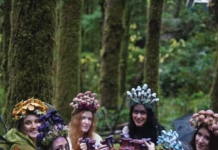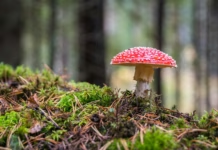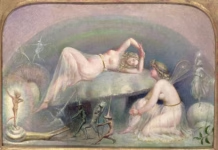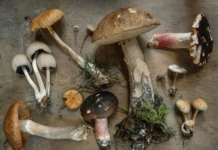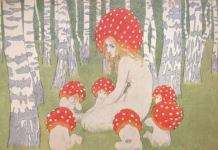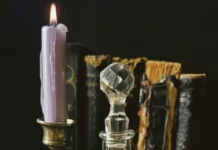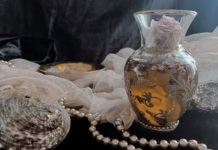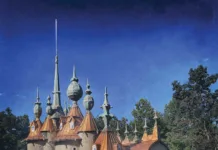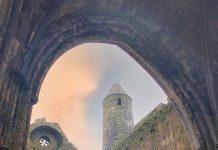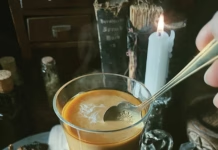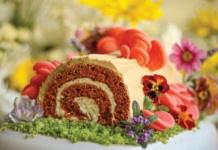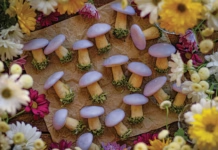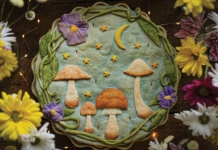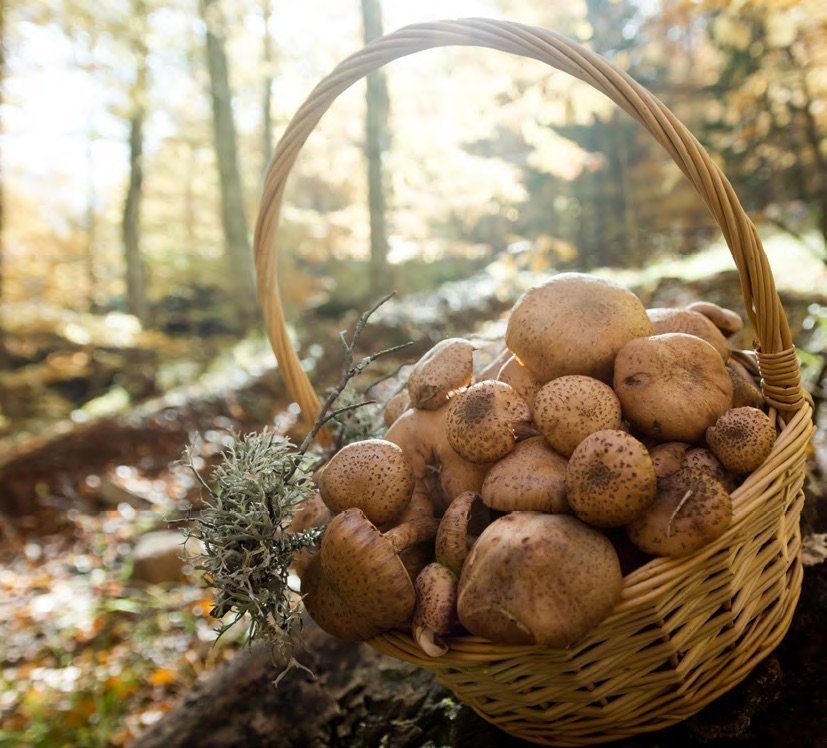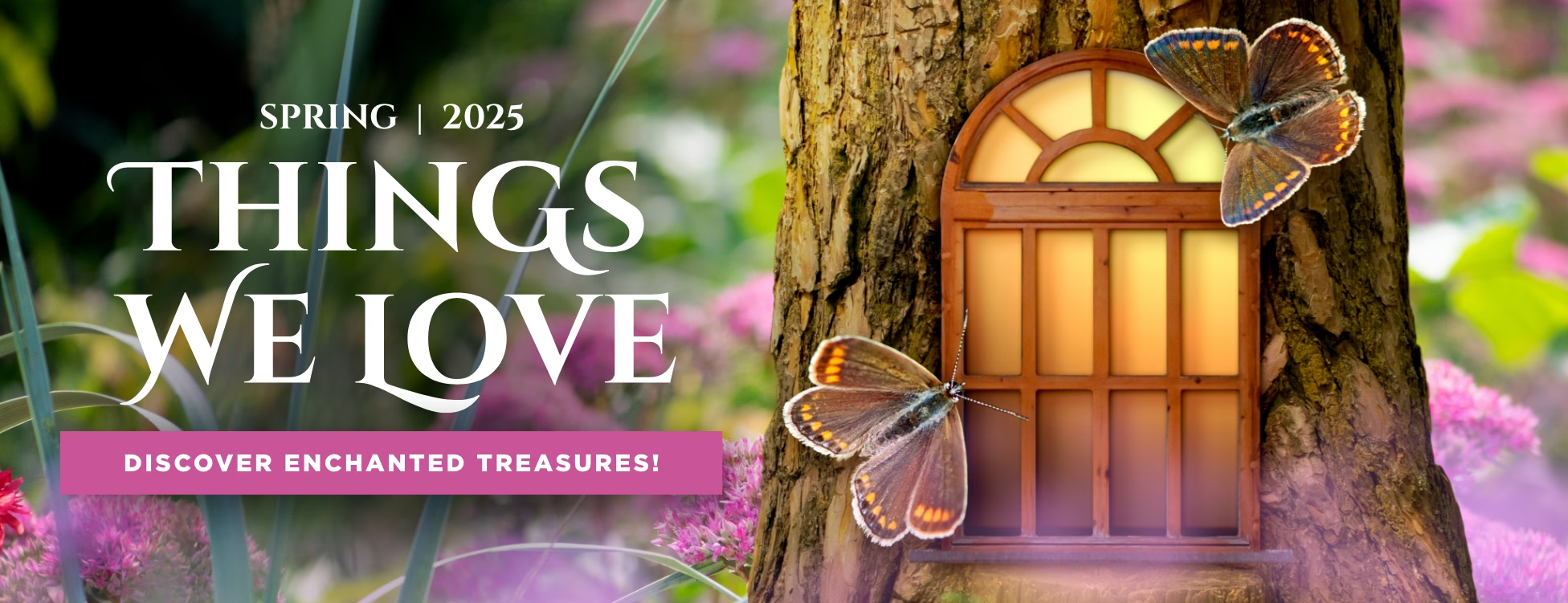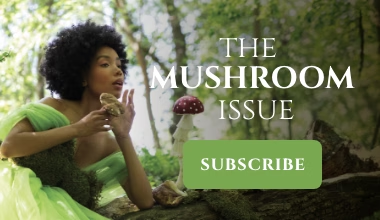Article from #46 Into The Forest | Subscribe
Feature image © Olimpia210/shutterstock.com
As the snow thaws high in the Swiss Alps, tufts of wheat-colored grasses sprout in the Engadine Valley, thick and bristly as a horse’s mane. Tender wildflowers gently push their brightly colored blooms through the snow, and the wild mushrooms follow, poking through the moist forest floor.
That’s when Claudio Laager, food and beverage manager at the Tschuggen Grand, a gorgeous five-star hotel tucked in close to the side of a ski mountain in Arosa, Switzerland, begins to go foraging.
Laager was born in the mountains, in St. Moritz, and he is as familiar with all manner of wild mushrooms on the slopes as I am with the streets of my hometown, New York City. He began to learn about mushrooms at the age of seven by following his mother into the woods. “She was the person who explained about the mushrooms in our area,” Laager says, “and I also started to study some mycology from current books.”
Mycology is the scientific study of fungi and how they affect humans. Mycologists learn to distinguish poisonous mushrooms from the delicious, edible kind. They also study how they work to decompose organic materials on the forest floor, as well as investigate their many roles in medicine, food production—and fine dining. Mycologists spend a lot of time in the lab, teasing out the biochemical properties of fungi, and they do fieldwork to collect samples from forests, lakes, and streams. “The region around Arosa and the Tschuggen Grand Hotel is well known for its fabulous chanterelle and porcini mushrooms,” Laager says. “Those are also my preferred mushrooms to eat.” The season starts in July and lasts until the end of September.
There is something incredibly life-affirming about the connection with nature that can be made in these mountains. The air is fresh and sweet. The quiet is enveloping. If your eyes are sharp, it’s easy to spot wildlife like alpine ibex, chamois, red deer, and rabbit grazing in the forest. This is the place where Laager comes to relax, and he wanted to share that feeling with the guests at the hotel, which is why he created the mushroom foraging experience.
“I thought it was a good idea to do things I like together with our guests,” says Laager. “This is authentic and has a personal touch, which is important for us, running a five-star hotel.” At the Tschuggen Grand, the staff enjoys sharing their local passions with the guests. In the summer, the general manager, Stefan Noll, an avid cyclist, guides guests on cycling tours like the Tour de Tschuggen, a breathtaking ride through the Alps on a racing bike, and the executive assistant manager, Leonie Schefenacker, takes groups out at midnight to gaze up at stars in the bright clear sky.
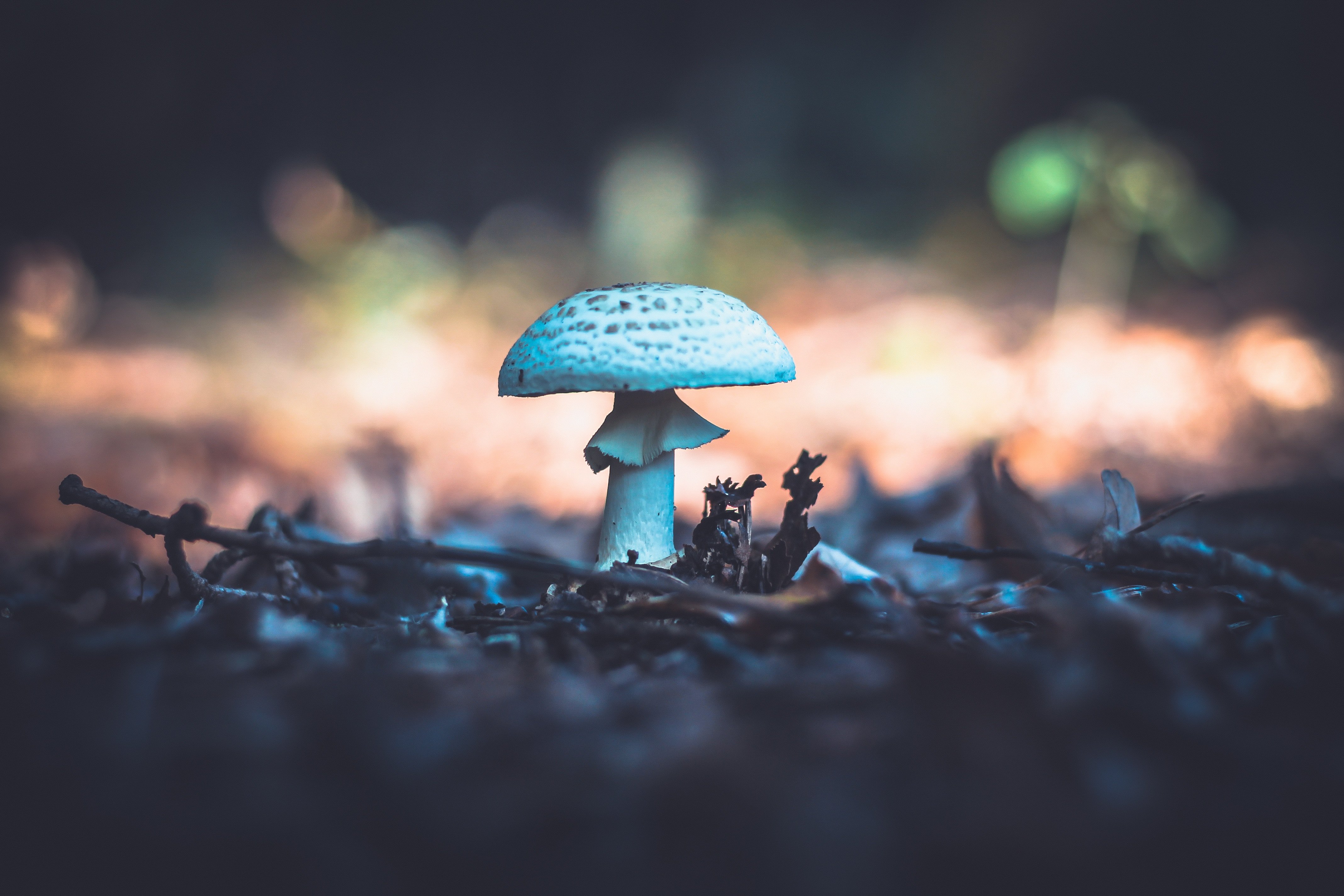
When guests sign up for foraging with the concierge team, they meet in the lobby early in the morning and head into the mountains. Says Laager, “It is just a short drive from the hotel to the hot spots.” It is important to be guided by an expert who not only knows where the mushrooms are hiding but also can prevent you from making a potentially deadly mistake.
“You should never pick mushrooms if you do not know them,” he says. “Sometimes mushrooms look different in different places, and it can be really dangerous if you pick the wrong ones.
“However, it is safe if you are accompanied by a local guide who knows all the mushrooms in the region.” When Laager forages with guests, they share the thrill of the hunt and the pleasure of feasting together on their shared bounty. “When I head out with guests we usually find, clean, and cook the mushrooms together in our kitchen,” he says. “It is a special event since you spend a half day together, and in the end you enjoy a risotto with your self-collected mushrooms for lunch.” Which, by the way, may well be the best risotto you’ve ever had.
Laager says you should never carry mushrooms in plastic bags. Instead, use cotton bags or open baskets so that the mushrooms remain nice and fresh.
“I like the feeling of adventure,” he says. “It is like a hunt, and, of course, I like to eat them. I love being in nature. Nature is very important in my life. I am very connected to all wildlife and the habitat they live in. It is the place where I can relax.” An Alpine foraging expedition is a great gift for anyone who wants to learn to relax too.




